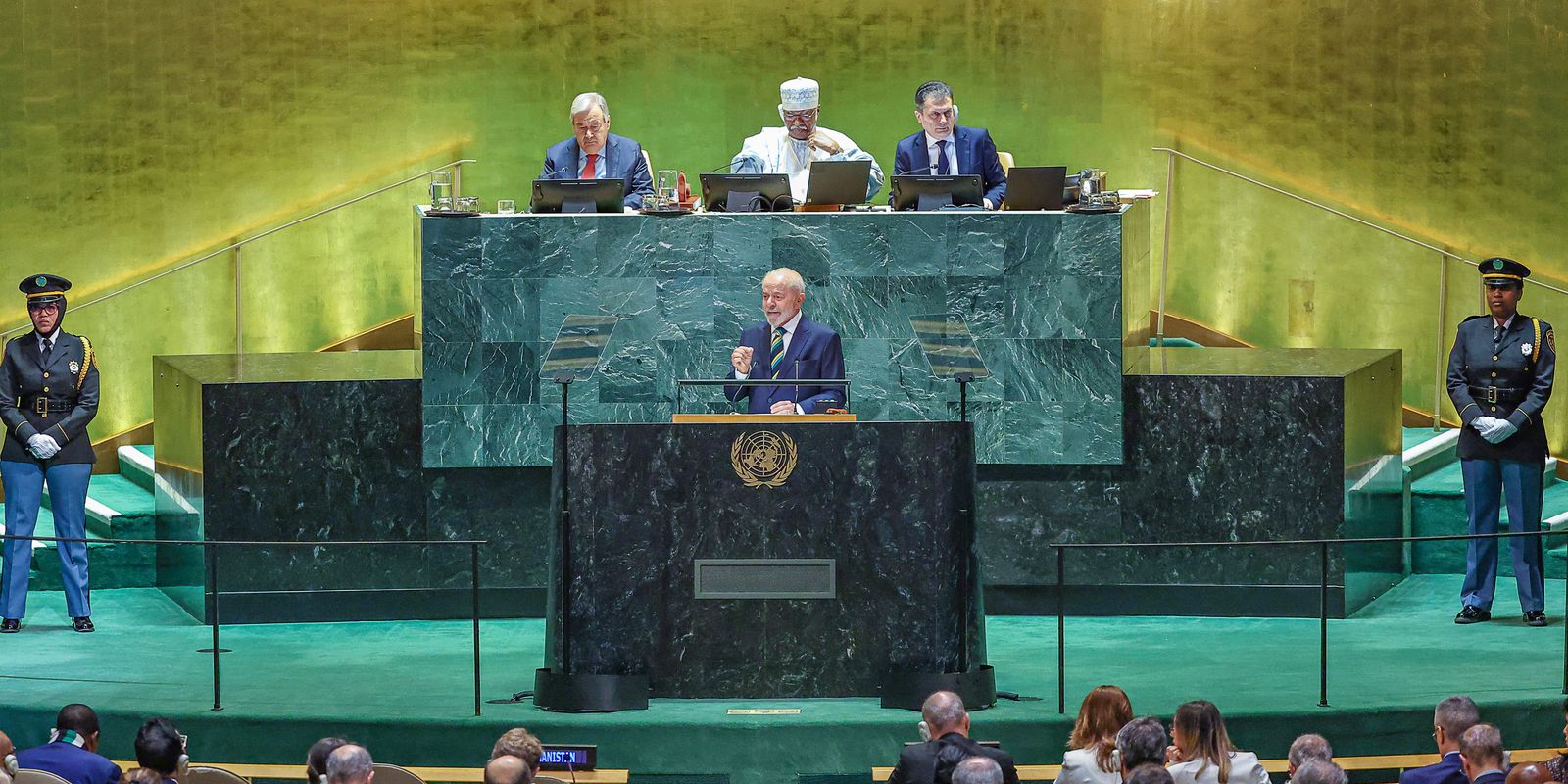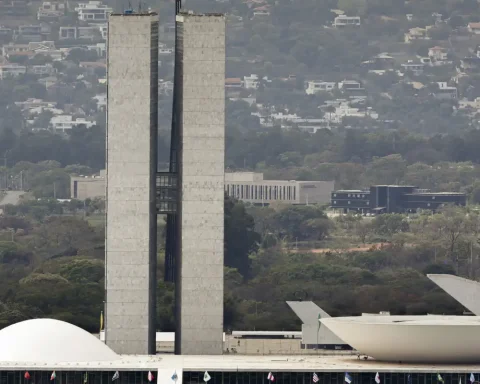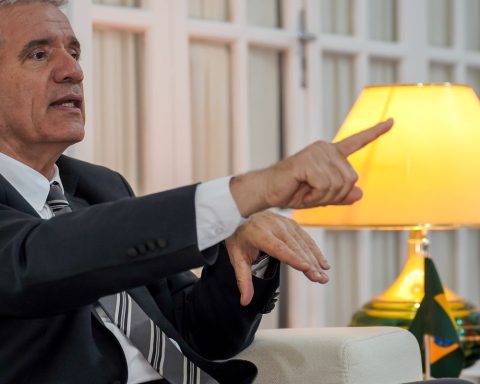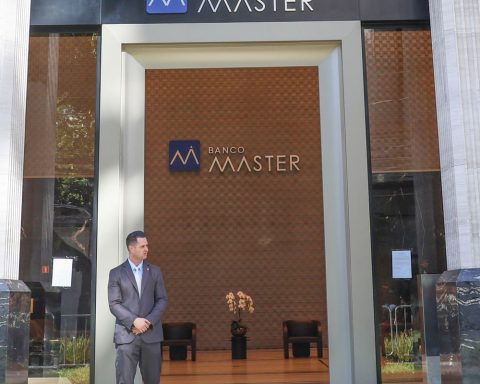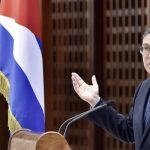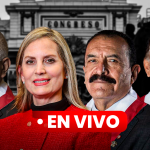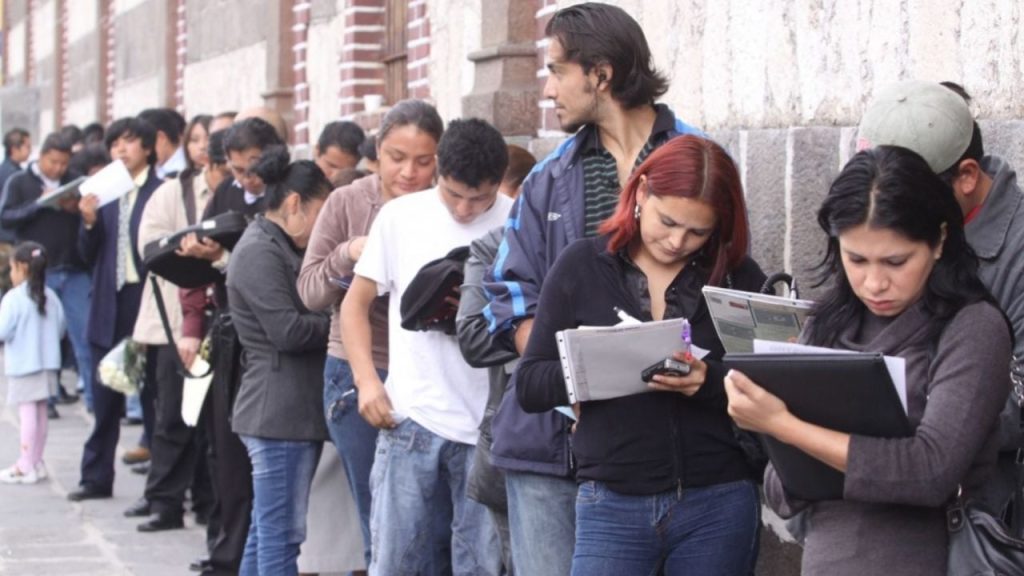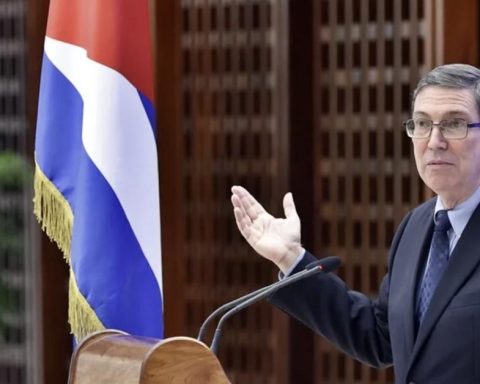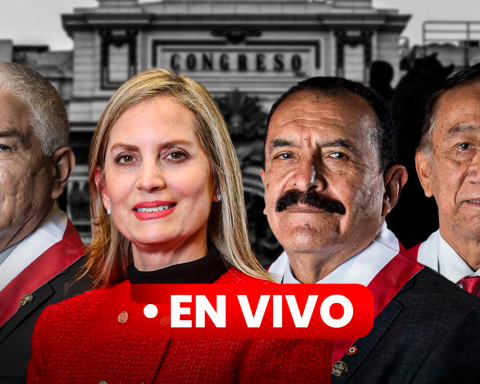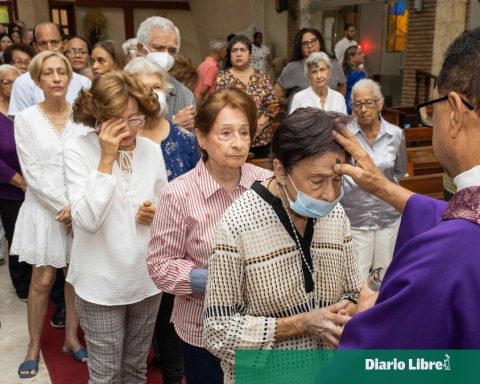President Luiz Inácio Lula da Silva said on Tuesday (24) that countries are interdependent on the issue of climate change and that the planet “is fed up” with unfulfilled agreements. When opening the debate of heads of state At the 79th United Nations General Assembly (UN) in New York, Lula stated that Brazil will not tolerate environmental crimes and promised to end illegal deforestation by 2030.
“The planet is no longer waiting to demand payment from the next generation and is fed up with unfulfilled climate agreements. It is tired of neglected carbon emission reduction targets and financial aid to poor countries that does not arrive. Denialism succumbs to the evidence of global warming,” he said, citing tragedies such as hurricanes in the Caribbean, typhoons in Asia, droughts and floods in Africa, torrential rains in Europe, and the tragedy of the floods in Rio Grande do Sul, Brazil.
Still, Lula believes that multilateralism – which presupposes sovereign equality among nations – is the only way to overcome the climate emergency. For him, Brazil stands out as a “breeding ground for opportunities in this world revolutionized by the energy transition,” with initiatives in clean and alternative energy.
“It is time to confront the debate about the slow pace of decarbonization of the planet and work towards an economy less dependent on fossil fuels,” he said.
Lula also recalled that the Amazon is experiencing its worst drought in 45 years and that forest fires that have spread across the country have already destroyed 5 million hectares in August alone. “My government does not outsource responsibilities nor abdicate its sovereignty,” he said.
“In addition to facing the challenge of the climate crisis, we are fighting against those who profit from environmental degradation. We will not compromise with environmental crimes, illegal mining and organized crime. We have reduced deforestation in the Amazon by 50% in the last year and we will eradicate it by 2030,” he promised.
The president believes that solutions for tropical forests must be developed by listening to indigenous peoples and traditional communities, exploring the potential of the bioeconomy. Brazil will host the United Nations conference on climate change, COP 30, in 2025, and, according to Lula, the government will present the country’s commitments on this topic later this year.
THE Lula’s speech at the UN reflects Brazil’s priority themes in the G20: combating inequality and hunger, tackling climate change and reforming global governance institutions. Until November of this year, the country holds the presidency of the bloc that brings together 19 countries and two regional entities – the European Union and the African Union.
Poverty
Lula once again argued that the external debt of the poorest countries needs to be addressed and that financial institutions such as the World Bank and the International Monetary Fund (IMF) need to better represent developing countries. The Brazilian presidency of the G20 has insisted on international cooperation to develop minimum standards for global taxation, such as taxation of the super-rich.
“The conditions for accessing financial resources remain prohibitive for most low- and middle-income countries. The debt burden limits the fiscal space to invest in health and education, reduce inequality and address climate change. African countries borrow at rates up to 8 times higher than Germany and 4 times higher than the United States. It is a Marshall Plan in reverse, in which the poorest finance the richest,” said Lula, citing the United States’ economic aid plan for the reconstruction of Europe after World War II.
“While the Sustainable Development Goals are lagging behind, the world’s 150 largest companies have collectively made $1.8 trillion in profits over the past two years. The wealth of the top five billionaires has more than doubled since the start of this decade, while 60% of humanity has become poorer. The super-rich pay proportionately far less tax than the working class,” he added.
For the president, the data on the state of food insecurity in the world are staggering, with 9% of the world’s population (733 million people) suffering from malnutrition and hunger on the rise. “Pandemics, armed conflicts, climate events and agricultural subsidies from rich countries are increasing the scope of this scourge,” he said.
He reaffirmed that the fight against hunger It is a political choice of the government and it is necessary to create conditions for access to food. At the G20, Brazil is also proposing a Global Alliance against Hunger and Poverty, which will be officially launched at the leaders’ summit in Rio de Janeiro in November, but which is already open for all countries to join.
The Brazilian president also called for a special focus on Latin America, where, according to him, the combination of low economic growth and high levels of inequality results in “harmful effects on the political landscape”. “Swallowed up by disputes, often unrelated to the region, our vocation for cooperation and understanding is weakened”, he said.
Also on Tuesday, Lula will coordinate the event “In defense of democracy, fighting extremism”, together with Spanish President Pedro Sanchez. The initiative seeks to strengthen institutions in the fight against inequality, disinformation and radicalism.
“Democracy needs to respond to the legitimate aspirations of those who no longer accept hunger, inequality, unemployment and violence. In a globalized world, it makes no sense to resort to false patriots and isolationists. Nor is there hope in resorting to ultra-liberal experiments that only worsen the difficulties of an impoverished continent,” he lamented.
“The future of our region depends, above all, on building a sustainable, efficient, inclusive State that confronts all forms of discrimination. That is not intimidated by individuals, corporations or digital platforms that believe they are above the law. Freedom is the first victim of a world without rules. Essential elements of sovereignty include the right to legislate, adjudicate disputes and enforce rules within one’s territory, including the digital environment,” he added.
In that regard, Lula proposes global governance for artificial intelligence, so that its benefits are shared and strengthen cultural diversity.
“We are experiencing the consolidation of asymmetries that lead to a true oligopoly of knowledge. The unprecedented concentration in the hands of a small number of people and companies, headquartered in an even smaller number of countries, is advancing. We are interested in an emancipatory artificial intelligence […]that respects human rights, protects personal data and promotes the integrity of information. And, above all, that it is a tool for peace, not for war,” he said.
Armed conflicts
During his speech, Lula also defended UN reform to meet current challenges. “We are living in a time of growing anguish, frustration, tension and fear. We are witnessing an alarming escalation of geopolitical disputes and strategic rivalries,” he said, citing the increase in military spending for the ninth consecutive year, reaching US$2.4 trillion.
“These resources could have been used to combat hunger and address climate change. What we are seeing is an increase in military capabilities. The use of force, without support from international law, is becoming the rule,” he recalled.
Among other “forgotten conflicts”, such as in Sudan and Yemen, the Brazilian president spoke about the two most visible differences and which, for him, have the potential to become widespread confrontations: Russia’s war in Ukraine and the conflicts in the Middle East, in particular, the humanitarian crisis in the Gaza Strip and the West Bank, a result of the war between Hamas, which controls Gaza, and Israel.
At the beginning of his speech, Lula addressed the Palestinian delegation, which for the first time took part in the opening of the debate session as an observer member, and greeted the president of the Palestinian Authority, Mahmmoud Abbas, who administers part of the West Bank occupied by Israel.
“What began as a terrorist act by fanatics against innocent Israeli civilians has become a collective punishment for the entire Palestinian people. There are more than 40,000 fatal victims, most of them women and children. The right to defense has become the right to revenge, which prevents an agreement for the release of hostages and delays the ceasefire,” he said.
The Brazilian president also expressed regret over the lack of prospects for peace in Ukraine. Also within the scope of the General Assembly, Brazilian diplomatic representatives should inform other countries of the proposal developed jointly with China to promote dialogue between Russians and Ukrainians and put an end to hostilities.
“It is already clear that neither side will be able to achieve all its objectives through military means. The use of increasingly destructive weapons brings to mind the darkest days of the sterile confrontation of the Cold War. Creating conditions for the resumption of direct dialogue between the parties is crucial at this time,” he said.
General debate
The United Nations General Assembly is one of the main bodies of the UN and brings together the 193 member states of the organization, with each nation having the right to one vote. Traditionally, the Brazilian government makes the first speech in the general debate, followed by the President of the United States.
This year, the theme of the UN General Assembly’s general debate is “Leaving no one behind: Acting together to advance peace, sustainable development and human dignity for present and future generations.” At this working session, heads of Member States are invited to address the UN General Assembly, providing an opportunity to share their views and concerns regarding the multilateral system.
This is the ninth time that President Lula has opened the general debate of heads of state. During his two previous terms, he participated in the event every year between 2003 and 2009. In 2010, he was represented by the then Minister of Foreign Affairs and current special advisor to the Presidency, Celso Amorim. Last year, in his third term, Lula also opened the debate session.
The president landed in New York on Saturday (21). On Sunday (22), he spoke at the Summit for the Future, a parallel event to the UN General Assembly. According to him, Pact for the Futurea document on cooperation signed by world leaders, points out a direction to follow, but there is a lack of “ambition and boldness” for the United Nations to be able to fulfill its role.
Yesterday (23), the Brazilian president participated in bilateral meetings with the Chancellor of Germany, Olaf Scholz; with the President of the European Commission, Ursula von der Leyen; and with the Prime Minister of Haiti, Garry Conille.
